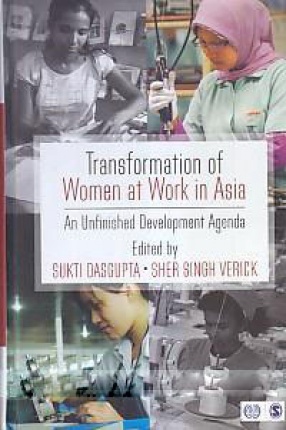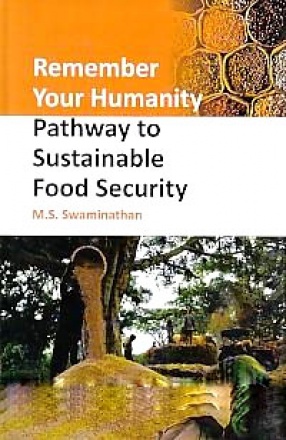This book describes 13 cases from 10 countries around the world (Bolivia, Ethiopia, India, Kenya, Nicaragua, Peru, Rwanda and Tanzania) where such initiatives have unclogged value chains, improved the lives of the rural poor, produced more and higher quality agricultural products and made the value chain more profitable for all concerned. The products range from chilli to cotton and from fish to milk. The organizations involved range from cooperatives of forest dwellers who harvest leaves to make into disposable plates, to multinational firms that make potato crisps for sale in supermarkets. This is the third in a series of books on value chains by the Royal Tropical Institute (RTI) and the International Institute of Rural Reconstruction (IIRR).
In large parts of the world, small scale farmers, traders and processors are constrained in their business operations due to a lack of finance. Farmers want to be paid immediately, but traders do not have the ready cash to buy their produce. Traders need working capital so they can buy and transport produce, but lack the collateral to get loans. Processors cannot get the money they need to buy equipment or ensure a steady supply of inputs. Value chain finance is a solution to such dilemmas. Value chain finance is when specialized financial institutions are linked to the value chain and offer services that build on the business relations in the chain. For example, a bank may loan money to a trader because the trader has a regular supply of produce from a farmers’ group and a supermarket as a loyal customer. When lead firms are willing to vouch for their suppliers, even smallholder farmers become creditworthy.





There are no reviews yet.